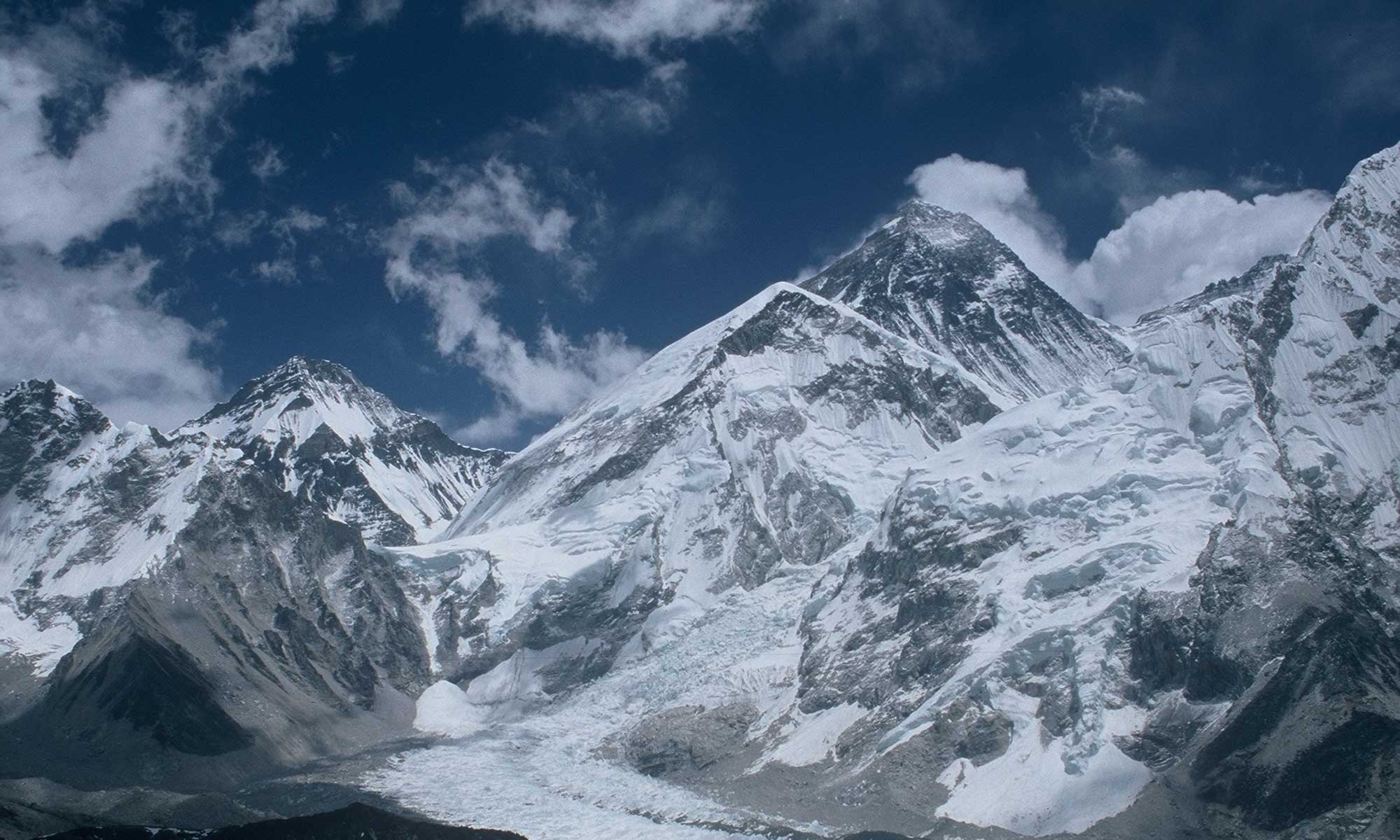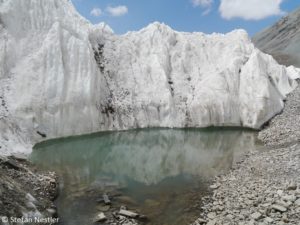Flip sounds the alarm. “This is the climate crisis you haven’t heard of,” says Philippus, called “Flip” Wester. The Dutch scientist is a world-renowned expert on water resource management. On behalf of the “International Centre for Integrated Mountain Development (ICIMOD)” in Kathmandu, Wester has led what is probably the most comprehensive study to date on the state of the Himalayan and Hindu Kush mountain regions. More than 350 scientists were involved. Their forecasts are alarming: Even if it were possible to meet the most ambitious goal of the Paris Agreement 2015 on climate change – to limit global temperature increases to 1.5 degrees Celsius above pre-industrial levels – one third of the glaciers in the Himalayas and Hindu Kush would melt by 2100. In the event that the climate protection policy fails, the study predicts a global temperature rise of five degrees, two-thirds of the glaciers on the world’s highest mountains region would then have disappeared by the end of the century.
Naked rocks
“Global warming is on track to transform the frigid, glacier-covered mountain peaks of the HKH (Hindu Kush Himalayas) cutting across eight countries to bare rocks in a little less than a century, “ says Wester. The approximately 250 million mountain dwellers in Afghanistan, Pakistan, Nepal, India, China, Bhutan, Bangladesh and Myanmar, as well as 1.65 billion other people who live in the river valleys below, have to expect far-reaching consequences, he says: from increasing air pollution to more frequent extreme weather events. “But it’s the projected reductions in pre-monsoon river flows and changes in the monsoon that will hit hardest, throwing urban water systems and food and energy production off kilter.”
Conflicts between countries threaten
The study points out that these changes would mainly affect the poorest of the poor. More than 30 percent of the people in the Hindu Kush and Himalayas do not have enough to eat, it said. About 50 percent showed symptoms of malnutrition, especially women and children. “There are rocky times ahead for the region,” says Eklabya Sharma, Deputy Director General of ICIMOD. “Because many of the disasters and sudden changes will play out across country borders, conflict among the region’s countries could easily flare up. But the future doesn’t have to be bleak if governments work together to turn the tide against melting glaciers and the myriad impacts they unleash.” The ICIMOD study should be put on the bedside table for deniers of climate change like Donald Trump.



